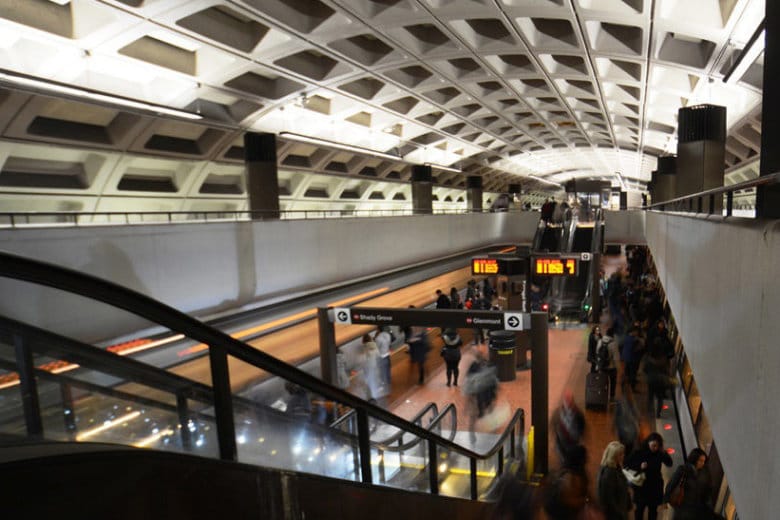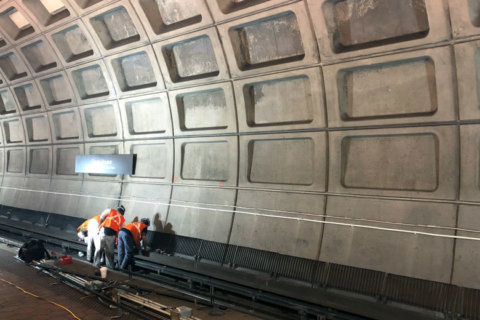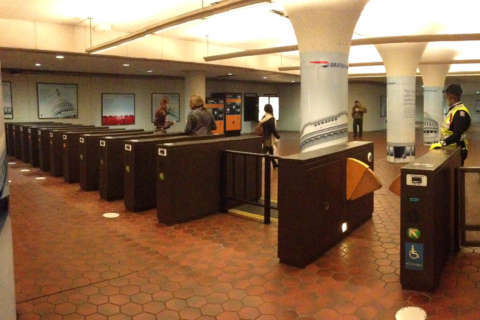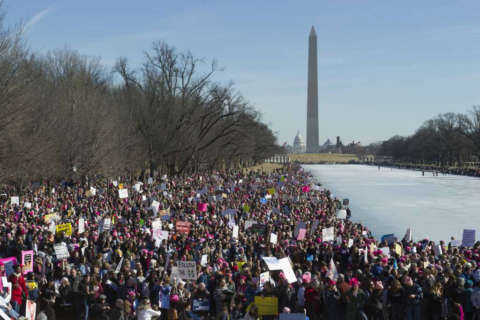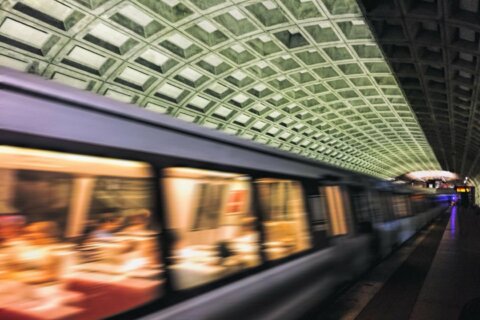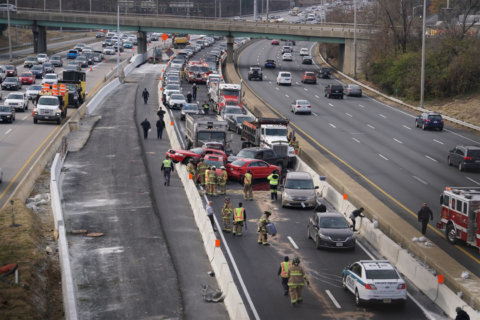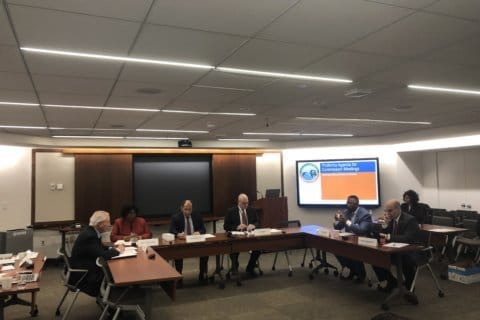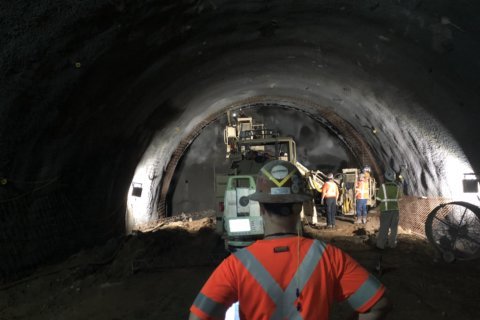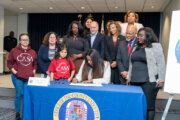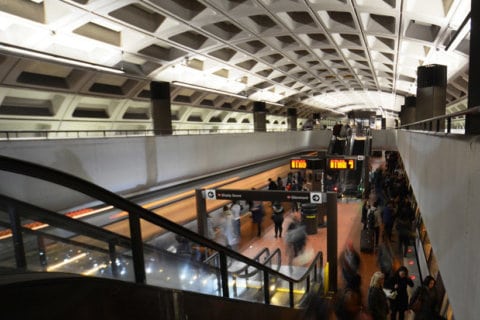
WASHINGTON — Metro’s proposals to provide better service to riders could lead to a funding cut, the group that appoints Virginia’s representatives to the Metro Board warns in a draft letter — which means the group would block those improvements if there are no changes.
While the Northern Virginia Transportation Commission supports efforts to increase ridership, including cheaper unlimited-ride passes, the letter — due to be approved next month — warns proposals to extend trains to provide more service at stations along the Red, Yellow and Green Lines without significant savings elsewhere would run up against a new legal cap on cost growth.
“NVTC appreciates the intent of the new initiatives to drive ridership growth, but Virginia would be required by law to reject any initiatives that would trigger the withholding of state funds under Virginia law,” the draft said.
Maryland and federal representatives on the Metro Board have expressed similar cost concerns. The Metro Board rejected across-the-board fare increases to cover costs, but is considering some targeted increases at certain times.
The stations that would see more service are largely in Maryland, although Yellow Line riders in Virginia would find it easier to reach stations like College Park.
“We formally request that you look for additional management efficiencies and/or additional revenues that would enable the most effective of these ridership growth initiatives to move forward, thereby staying within the three percent cap,” the NVTC letter continued.
The letter also supports an expected upcoming deal with companies like Uber or Lyft to replace Metro during off hours.
Ridership was down another 2 percent at Northern Virginia rail stations in November 2018 compared to November 2017 amid Blue and Yellow Line track work. While the weekday average was down 1 percent, Saturday ridership dropped 15 percent. Metrobus ridership fell 8 percent, and weekday parking usage is down a bit.
The commission includes each of the local governments that foots the bill for Metro in Virginia. In Maryland, the state pays.
“We are fundamentally concerned that without offsets to the operating budget, the proposed new initiatives to drive ridership growth are beyond the 3 percent cap instituted in Virginia’s recently legislation … and would trigger a withholding of state funds that our jurisdictions use to pay their obligations to WMATA,” the NVTC draft letter said.
Beyond the concerns about withheld funding, the local governments also worry that breaking the three percent cost cap in the first year it applies “could imperil the dedicated capital funding itself.”
“Any decision to withhold funding so soon after the introduction of dedicated funding could damage the regional political consensus that resulted in the landmark dedicated capital funds for WMATA,” the letter said.
It is due to be sent to Metro as part of the public comment process for the budget that begins July 1. The Metro Board expects to approve the budget in March.
The budget includes funding that is not part of the three percent cost cap to prepare for additional service in Northern Virginia with the launch of the Silver Line to Dulles International Airport and Ashburn, which is now targeted for late 2020.
With Metro service extending into Loudoun County for the first time, the NVTC is scheduled in January to make a Loudoun representative a Metro Board alternate for the first time.
Supervisor Matt Letourneau is expected to be appointed to the alternate role through Jan. 3, 2023.
Letourneau will fill the alternate spot being left by Paul Smedberg, who has been appointed by Gov. Ralph Northam as Virginia’s voting member on the Metro Board. Arlington County Board member Christian Dorsey is Virginia’s other voting member. Fairfax County Supervisor Cathy Hudgins is Virginia’s other alternate.

